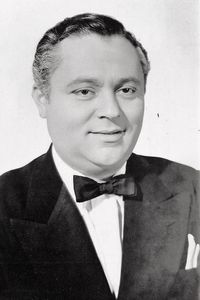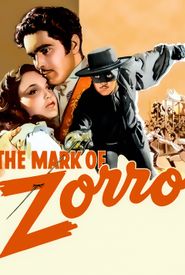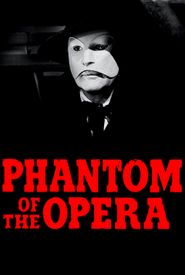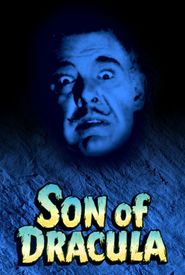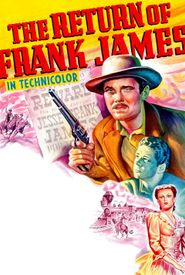J. Edward Bromberg, a pioneering figure in the Group Theatre, was renowned for his distinctive appearance and impressive range as a character actor. His initial reputation as a stage actor was later bolstered by his successful transition to film in the mid-1930s.
In 1950, Bromberg was accused of being a communist and summoned to testify before the House Committee on Un-American Activities. He exercised his right to plead the Fifth Amendment, refusing to answer questions. Furthermore, film director Edward Dmytryk publicly named Bromberg as a communist, leading to his blacklisting and subsequent inability to appear in films.
The immense psychological pressure and trauma of this ordeal took a devastating toll on Bromberg's health. Tragically, he passed away from a heart attack just before his 48th birthday while working on a play in England.
At Bromberg's memorial service, actress Lee Grant, a close friend and fellow artist, delivered a poignant eulogy. Grant, who had recently achieved great success in the stage and film productions of "Detective Story," including a Critic's Circle Award, the Cannes Film Festival award for Best Actress, and an Academy Award nomination for Best Supporting Actress, understood the immense pressure and potential fallout faced by Bromberg.
Grant's eulogy was published in "Red Channels," a publication notorious for outing suspected communists in the entertainment industry. Unfortunately, this effectively silenced Grant's film career for many years. It wasn't until her small but memorable role as Mrs. Colbert in Norman Jewison's "In the Heat of the Night" that her film career was revived.
This heart-wrenching tale is just one of the numerous tragedies that befell American artists during this tumultuous period.
